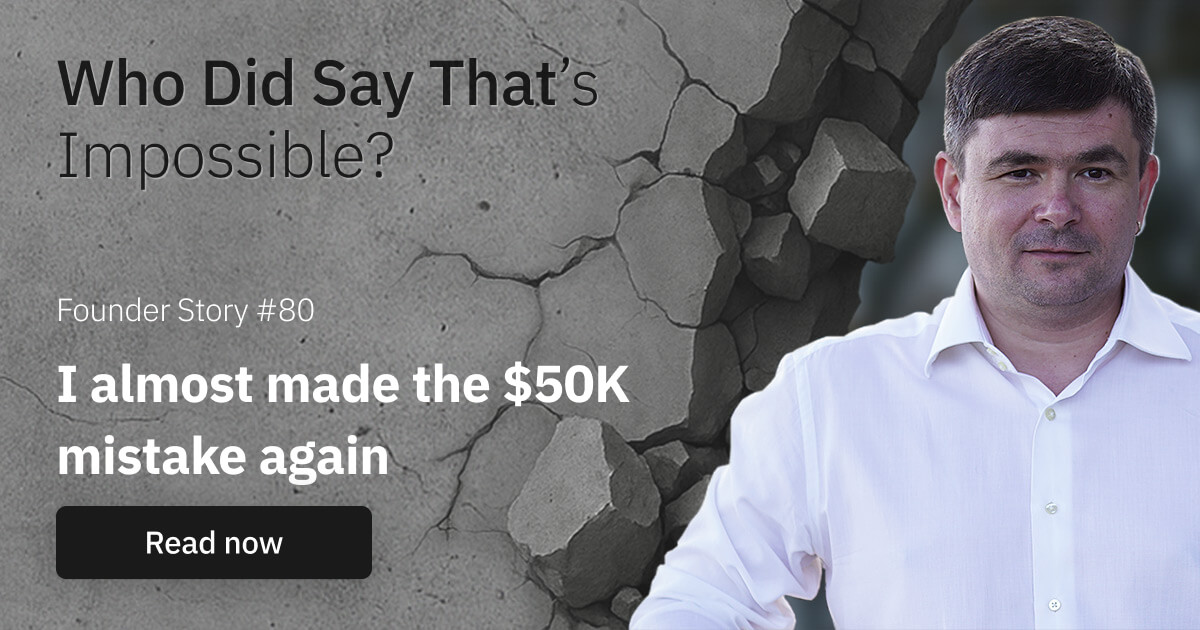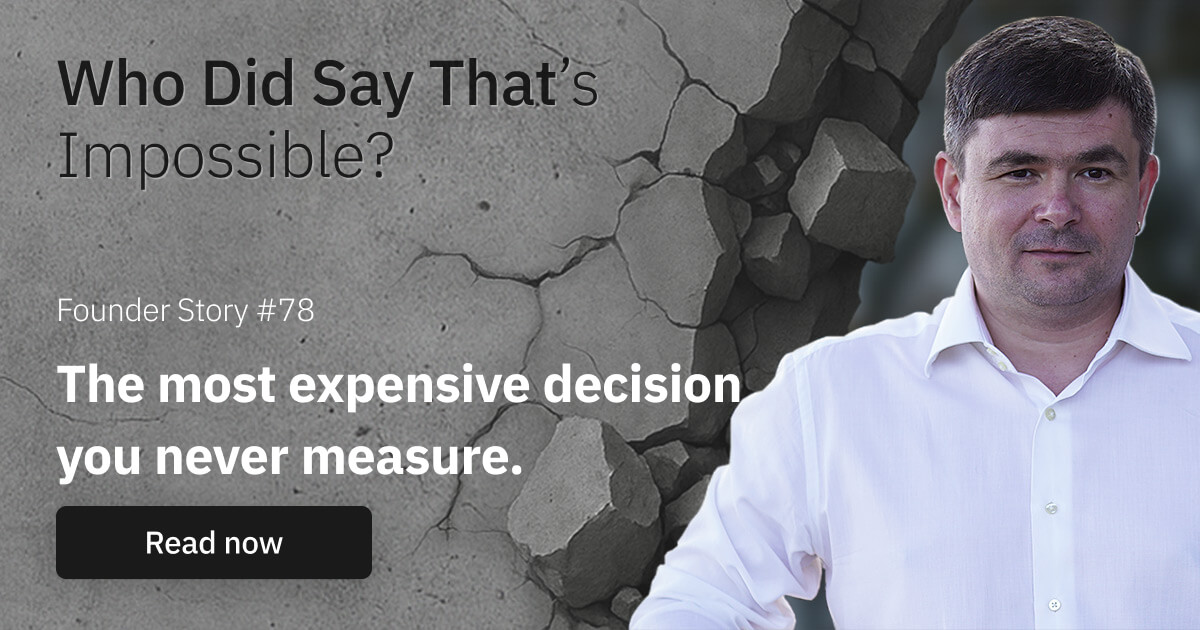If your calendar’s full, your mind isn’t clear
Or minute of mistaking busyness for leadership
In the early days of my agency, we all sat in one office. Nothing was formal. No scheduled calls. No endless meetings.
We solved problems by walking over to someone’s desk, or chatting at the coffee machine.
When we needed “strategy sessions,” they quickly turned into pizza-fueled team hangouts, fun, but not productive.
I didn’t mind. It felt natural, even healthy. I thought: this is how small companies work.
But then we grew.
New hires. Remote employees. Multiple offices. Bigger clients with higher stakes.
Suddenly, everything required a call.
And soon my calendar was a battlefield, crammed with back-to-back syncs, catch-ups, “quick” check-ins that swallowed entire days.
It felt like momentum. In reality, it was a slow bleed.
The real cost of meetings
At first, I accepted it. I thought: this is the founder’s job — to be available, to be in every conversation.
But then one day I made the mistake of calculating what these calls actually cost me.
Every extra person in a meeting? More overhead.
Every call without a clear outcome? Pure waste.
Every “sync” that could’ve been an email? Money out of my pocket.
Worse, while I was babysitting calendars:
- Growth froze.
- Strategy stalled.
- Marketing initiatives died in the backlog.
I wasn’t leading. I was just… keeping the lights on.
And it hit me like a gut punch: my busyness was the single biggest blocker to clarity.
Breaking the addiction
I had to relearn how to run my own time.
We changed the rules:
- No agenda = no meeting.
- Clear owners for every decision.
- Weekly async updates replaced daily check-ins.
- Decision playbooks gave people authority to act without me.
It wasn’t smooth. Some resisted, many preferred the comfort of “let’s just hop on a call.”
But we pushed through.
And once we did, everything changed.
Meetings became surgical — short, precise, purposeful.
My calendar opened up. Margins improved. And most importantly: my head was clear again.
I could finally think about where we were going — not just what was breaking today.
Busyness is an escape
Here’s the uncomfortable truth: a full calendar isn’t proof of importance.
It’s proof you’ve lost control. Because if your entire week is crammed with calls, where’s the room to think? To plan? To see the bigger picture?
The founder’s real job is not to be present at every meeting.
It’s to keep the business pointed in the right direction.
When the market shifts. When money dries up. When the crisis comes.
Your jam-packed calendar won’t save you. But your clarity will.
The final shift
For years, I thought availability was leadership.
Now I know the opposite is true.
Leadership is building a system that runs so smoothly, you don’t need to be everywhere.
It’s having the discipline to protect your calendar — and your mind — so you can see the path ahead.
Because if your calendar’s full, your mind isn’t clear.
And if your mind isn’t clear, your business is blind.
Disclaimer.
Every business has its nuances, and every founder has their unique context and resources. Whether or not my advice applies depends on your situation, experience, and needs. But one thing is universal—use your brain.
Think about how to apply the advice in your context before acting.
Your way.
- Eugene
Join the “most offbeat” Businessletter on entrepreneurship.

Hi, I’m Eugene.
Over the past 20+ years, I’ve grown an international agency from one-person freelance to a multimillion-dollar business. I’ve led teams, scaled systems, burned out, rebuilt, and learned (the hard way) what it really takes to run a business that doesn’t consume your life.
I help them make sense of complexity, design simple systems, and create the kind of business they actually want to run.
More Stories
Founder Stories

I almost made the $50K mistake again
Or minute of catching myself repeating a dangerous pattern

The launch that taught me to let go
Or minute of realizing you can know the answer and still ignore it


